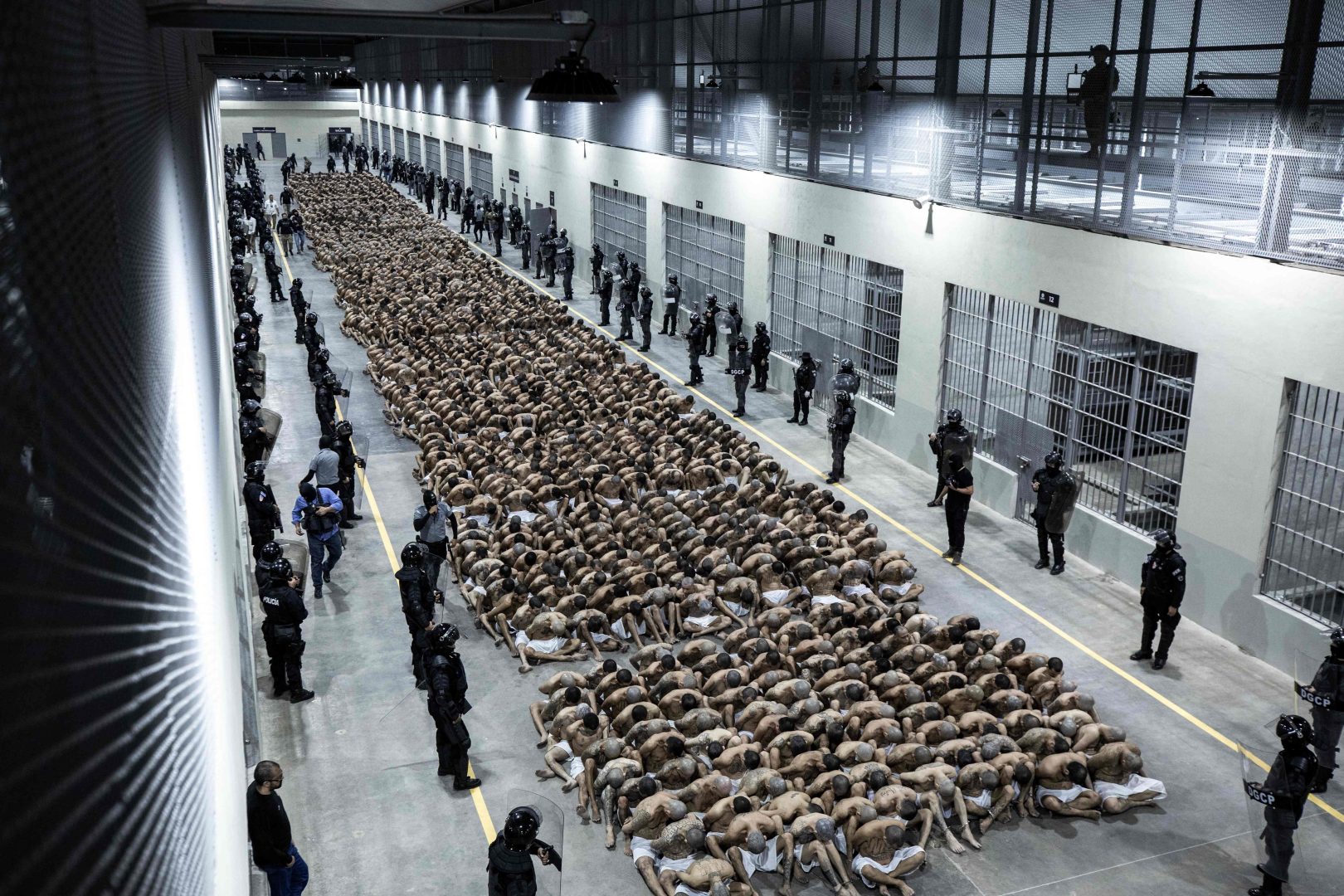El Salvador to House Violent US Criminals and Deportees Under Unprecedented Agreement

El Salvador has entered into an unprecedented agreement with the United States, agreeing to house violent criminals and accept deportees of any nationality. US Secretary of State Marco Rubio announced the deal on Monday after meeting with Salvadoran President Nayib Bukele.
Rubio, during his visit to Central America to strengthen regional support for the Trump administration’s immigration policies, hailed the agreement as “extraordinary” and “historic.”
A Controversial Agreement
According to Rubio, El Salvador will continue receiving its own nationals deported from the US. However, in a surprising addition, the country has also agreed to accept non-Salvadoran criminals, including members of notorious gangs like MS-13 and Tren de Aragua.
Further, Bukele has offered to imprison convicted US criminals, including American citizens, at El Salvador’s mega-prison, the Terrorist Confinement Centre (CECOT)—one of the world’s largest maximum-security facilities.
Bukele later confirmed the deal, stating, “We are willing to take in only convicted criminals (including US citizens) in exchange for a fee.” He explained that the revenue generated would help sustain the country’s prison system.
Legal and Human Rights Concerns
While some US officials and right-wing figures, including billionaire Elon Musk, have praised the move, legal experts and human rights organizations have raised serious concerns.
Under US law, deporting American citizens is strictly prohibited. Leti Volpp, a professor at UC Berkeley specializing in immigration law, warned that such actions would face significant legal challenges.
Human rights groups have also expressed alarm over the conditions in Salvadoran prisons. The US State Department has previously reported that inmates in the country face harsh conditions, including overcrowding, inadequate sanitation, and limited legal rights.
A Shift in US Immigration Policy
The agreement aligns with the Trump administration’s intensified crackdown on immigration. Recent executive orders have specifically targeted criminal organizations like MS-13 and Tren de Aragua.
In addition, the US has been pressuring other nations, including Venezuela, to accept deportees. Last week, Venezuela reportedly agreed to receive its citizens, including gang members, following negotiations between US envoy Richard Grenell and Venezuelan President Nicolás Maduro.
The move has sparked a wave of criticism, with opponents calling it a dangerous precedent. Manuel Flores, leader of El Salvador’s leftist opposition party, condemned the agreement, saying, “Are we turning our country into a dumping ground for foreign criminals?”
As the US accelerates its immigration policies, the world watches closely to see how this controversial agreement unfolds.





